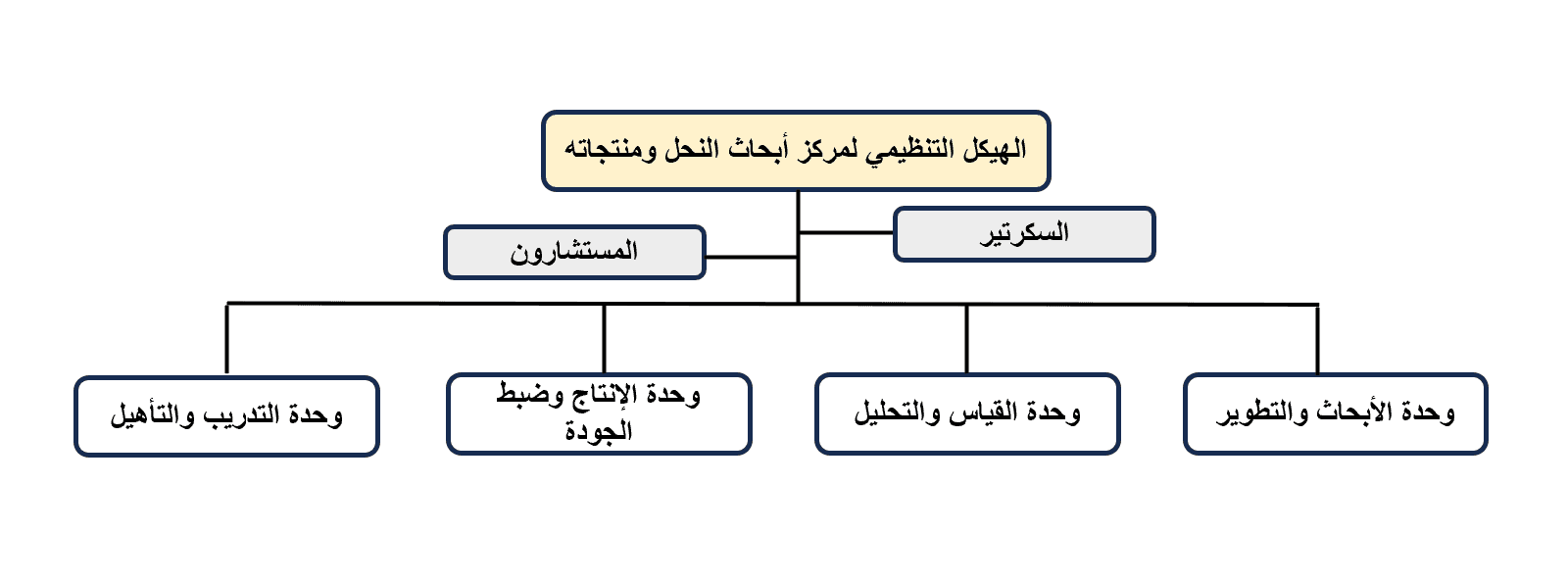Saudi Arabia stands out in beekeeping and honey production, supported by its vast area of 225,000,000 hectares, diverse climate, varied topography, and rich vegetation. Approximately 2250 plant species have been recorded, with about 70% found in the Asir region (Collenette 1998, 1999). The distribution of these species is highly adapted to the terrain, and their density largely depends on the quantity and seasonality of rainfall.
The country boasts diverse topographies, including mountainous highlands, with the Sarawat Mountains being the most significant. These mountains extend from Saudi Arabia's border with Yemen in the south to just before Taif city in the north, with elevations ranging from 800 to 3000 meters above sea level. Large valleys, such as Wadi Jizan, Wadi Najran, Wadi Tathlith, Wadi Bisha, Wadi Al-Hamd, Wadi Al-Rummah, Wadi Yanbu, and Wadi Fatima, descend from these mountains, flowing eastward and westward.
These mountains, stretching over 1000 kilometers, are among the most crucial beekeeping areas in the Kingdom. This is due to the availability of excellent mountain pastures, especially during spring and summer, resulting from winter and early spring rains, as well as summer precipitation. Annual averages range from 400 mm in Jizan to 207.9 mm in Khamis Mushait, 442.3 mm in Namas, and 368.5 mm in Baljurashi.
Along the eastern side of the Sarawat Mountains, parallel to the Red Sea, lies the coastal Tihamah plain, which is approximately 1100 kilometers long and 60 kilometers wide. It receives an average rainfall of 100 mm. Beekeepers move to these coastal areas at the onset of rain in late autumn and winter to escape the cold mountain weather and benefit from the abundant mountain bee pastures that flourish after rainfall. These pastures are rich in pollen, which beekeepers utilize to strengthen colonies weakened during the honey harvesting season, a period typically characterized by scarce pollen (Abulfatih, 1984; Moustafa and Alwadi, 2010, 2016).
Beekeeping and its industry are experiencing rapid growth and significant development throughout our beloved country, thanks to the efforts of individuals and relevant entities like the Ministry of Agriculture. The Ministry has recently begun implementing measures to advance beekeeping, such as drafting a law to regulate the beekeeping profession and developing a strategy to promote the beekeeping industry. In recent years, it has also engaged consultants from universities to contribute to strategy development, training, and guidance. The presence of specialized Saudi faculty members in beekeeping across Saudi universities has facilitated research and research projects aimed at developing the beekeeping profession and resolving the challenges and obstacles faced by beekeeping and its practitioners. This has led several governmental and private entities to support small-scale beekeeping projects and adopt beekeeping as a sustainable source of income for impoverished families, as part of local development programs in various regions of Saudi Arabia.
King Khalid University has taken the initiative to propose the establishment of a Bee Research and Products Center to contribute to the scientific and industrial development in the beekeeping sector in Saudi Arabia. This aligns with our nation's vision 2030, which emphasizes the transition to a knowledge-based economy. Based on these considerations, we are proposing a project to establish a scientific center for bee research and products. Through this center, we aim to transform research findings into valuable products and industries for the national economy in the field of bee science and its products. These products will be a strong factor in advancing our beloved nation scientifically, economically, and industrially, and in raising awareness about the importance of honey bees and the nutritional, medicinal, therapeutic, and economic value of their products.






